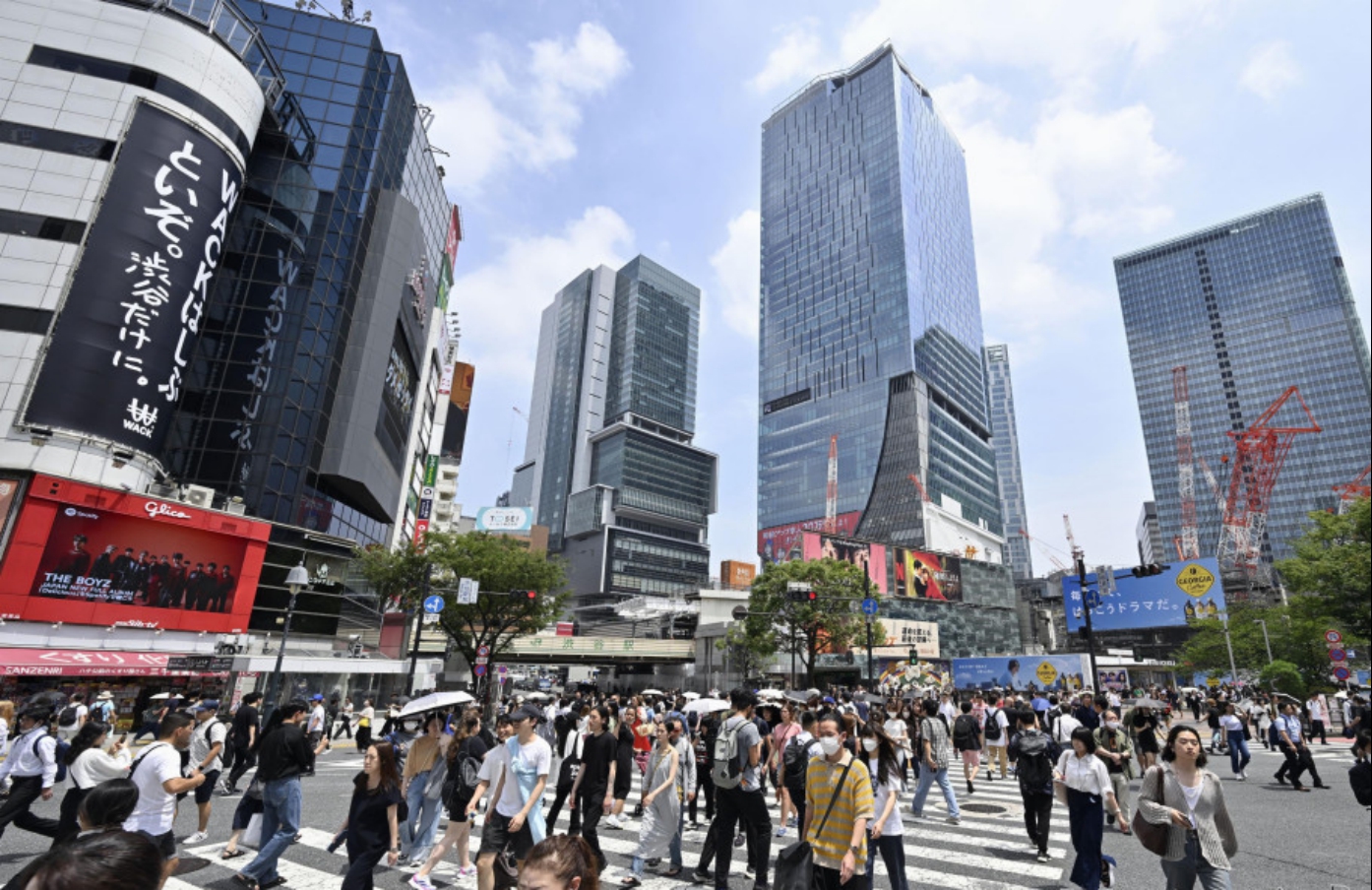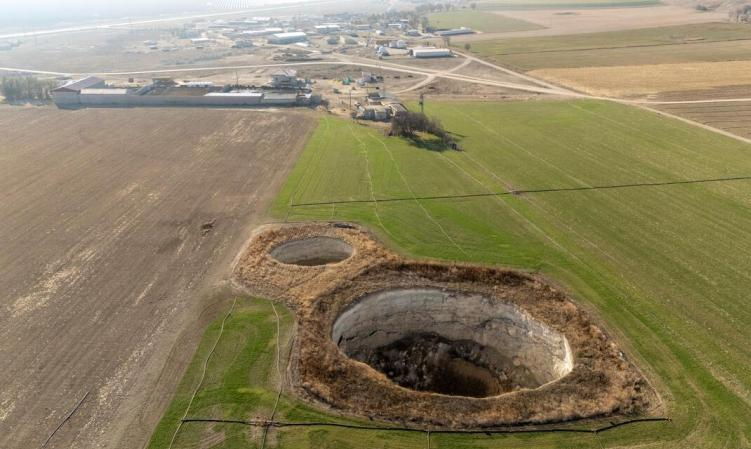
According to the monthly Labor Statistics Survey for February released by the Ministry of Health, Labor and Welfare (MOHW) on February 8, real wages per worker at companies with five or more employees fell 1.3 percent from the same period last year, marking the 23rd consecutive month of year-on-year decline. This is the longest period of continuous decline since 1991, when comparable data are available, and the period from September 2007 to July 2009, when the economic downturn including the Lehman Brothers crisis was the longest on record.
The continuous decline in Japanese per capita real wages has led to the continued deterioration of Japanese household income and expenditure in the past two years, and the situation is not optimistic. There are many reasons behind it.
For one thing, real wage growth has failed to keep pace with rising prices. This means that while wages may have grown, they have fallen in real purchasing power because prices have risen faster. According to the labor statistics survey released by the Ministry of Health, Labor and Welfare, after taking into account prices, real wages per capita in Japan have declined year-on-year for many months in a row. This situation reflects the challenges of the Japanese economy, especially those related to the rising cost of living.
On the other hand, the performance of the Japanese economy as a whole may also have an impact on wages. If economic growth is slow or stagnant, companies may come under greater pressure to operate, which could lead them to become more cautious about paying wages. In addition, factors such as the global and regional economic environment, trade conditions, and policy adjustments may also have an indirect impact on Japanese wages.
In addition, some specific factors in Japanese society may also have an impact on wages. For example, an aging population may lead to a reduction in the supply of labor, putting pressure on companies to allocate wages among limited labor resources. In addition, factors such as competitive conditions in the job market, corporate profitability and industry structure can also affect wage levels.
It is important to note that while the sequential decline in per capita wages is a worrying trend, there are also sectoral and regional variations that need to be taken into account. Some industries or regions may still maintain high wage levels or growth rates. Therefore, the analysis of wage issues needs to consider a variety of factors. So what are the implications for Japan of the continuing decline in per capita wages?
First, a decline in real wages directly affects households' purchasing power. As wages fall, households' spending power will decline, leading to a weakening of the consumer market. This has not only affected domestic demand, but could also be a drag on the economic recovery.
Second, falling wages could exacerbate social inequality. Low-income groups are disproportionately affected, potentially leading to a widening gap between rich and poor. This not only affects social stability, but also may lead to a series of social problems.
Third, falling wages will also affect the competitiveness of Japan's labor market. If wages fail to compete with those of other countries, it could lead to a brain drain, further weakening Japan's economy.
For Japanese companies, falling wages may reduce employee motivation and productivity, which in turn affects corporate competitiveness and profitability. At the same time, companies may also face greater operational pressure to balance reducing costs with maintaining employee morale.
In terms of international impact, falling wages could also affect Japan's international image and investment attractiveness. As a developed country, Japan has long attracted investors and talents from around the world with its stable economy and high standard of living. However, a sustained decline in wages could call these strengths into question, undermining international confidence and willingness to invest in Japan.
In general, the reasons for the continuous decline in per capita wages in Japan are multiple, and the impact is also all-round. To solve this problem, governments, businesses, and individuals will need to work together to boost wage growth and economic development through a combination of policy adjustments, market reforms, and personal skills upgrading.

Due to the continuous decrease in rainfall and the rapid drop in groundwater levels, several large sinkholes have successively appeared in several agricultural areas in central Turkey in recent years, causing great concern among local farmers and environmental experts.
Due to the continuous decrease in rainfall and the rapid dr…
The Prime Minister's Office of Israel said Hamas attacked I…
Fourteen countries including the United Kingdom, France and…
The US Department of Justice said on Wednesday (December 24…
The Japanese government has submitted a draft, planning to …
On December 25th local time, NVIDIA announced a technology …